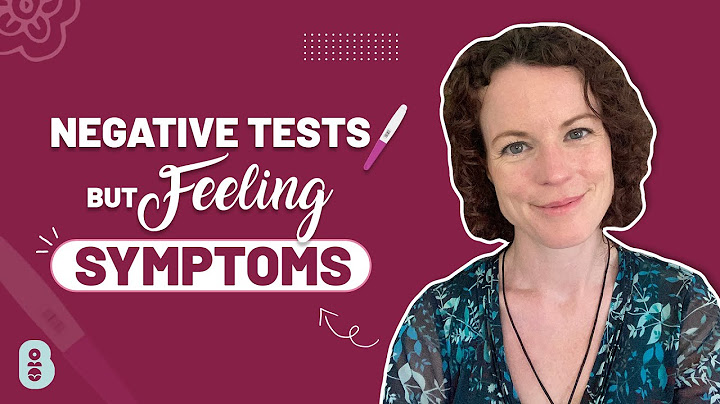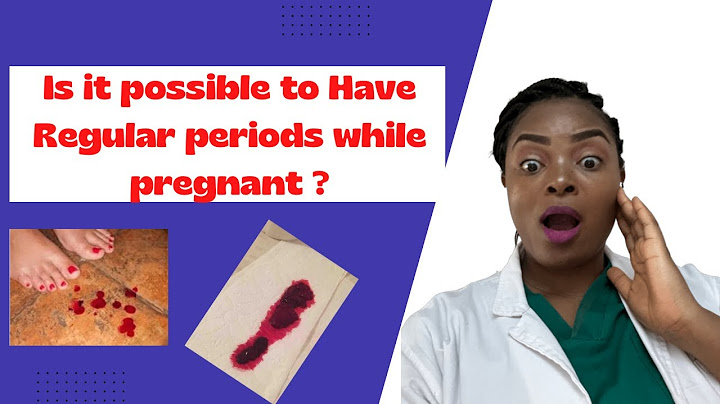Some women can and do become pregnant after breast cancer, and recent studies suggest that pregnancy after breast cancer should not increase your risk of recurrence. However, you should consult your doctor before attempting to get pregnant. It is important to realize that certain cancer treatments can affect one's ability to bear children, and careful thought and planning is necessary to preserve fertility before and during treatment. Show
There are some clinical issues to consider when thinking about pregnancy after breast cancer:
Related Questions:InfertilityYoung women being treated for breast cancer may be concerned about loss of fertility (the ability to have a natural pregnancy). Both chemotherapy and hormone therapy can impact fertility and shorten the window of time to have children. Learn more about breast cancer treatment and infertility. Preserving fertilityThere are steps women can take to help preserve fertility. If you wish to have a child after breast cancer treatment, talk with your health care provider (and if possible, a fertility specialist) before making treatment decisions and discuss your options. Meeting with a fertility specialist as early as possible (before surgery) offers the widest range of options. Options may include storing eggs before treatment begins or using a drug during therapy to help protect the ovaries from damage. Learn more about fertility options, loss of fertility and other issues for young women with breast cancer. Learn about insurance and financial assistance for fertility services. Pregnancy and breast cancer survivalHaving a child after breast cancer treatment does not appear to lower a woman’s chances for long-term survival [91-94]. Your health care provider or a fertility specialist can discuss the best timing of a pregnancy for you based on your breast cancer treatment. BreastfeedingSome treatments for breast cancer can impact your ability to breastfeed. If you had surgery to only one breast, breastfeeding from your untreated (opposite) breast should be fine. Breastfeeding should be avoided while being treated with radiation therapy, chemotherapy, hormone therapy or HER2-targeted therapy. After lumpectomy and radiation therapyBreastfeeding from the treated breast after a lumpectomy plus radiation therapy may be difficult. Both the surgery and the radiation therapy can harm the tissue needed for breastfeeding. While feeding from the treated breast is possible (and the milk is safe for the baby), it’s not common and the amount of milk produced may be greatly reduced [95]. Other concerns about having a child after breast cancer treatmentPregnancy after breast cancer treatment doesn’t appear to lower survival, but some women may have other concerns about having a child. Women who have a strong family history of breast cancer may worry about passing on an inherited gene mutation that increases risk. Women with a high risk of breast cancer recurrence may worry about having a recurrence while pregnant, or they may worry, like women with metastatic breast cancer, about not living long enough to raise a child. Having a child is a personal decision. However, if you have any concerns, it may be helpful to talk with your health care provider or a counselor and to seek support from your family, friends and other loved ones. Learn more about breast cancer concerns for family members. Learn more about inherited genetic mutations and breast cancer risk. Support for young breast cancer survivors and their familiesYoung women with breast cancer can feel isolated. Because most women with breast cancer are older, it’s easy to feel alone, even among other women with breast cancer. A support group tailored to younger women with any type of cancer may be more helpful than one for women with breast cancer. Younger women need to be able to share their thoughts and feelings with women who are at the same stage of life and may have similar concerns about fertility and having children. Learn more about social support for young women diagnosed with breast cancer. Learn more about social support for spouses, partners and other family members. Learn more about social support for children.
Updated 11/11/21 How long after chemotherapy can you get pregnant?It's important to wait at least 6 months (or longer) to get pregnant after chemotherapy ends. You don't want to get pregnant with an egg that was damaged by chemotherapy. After chemotherapy, fertility may be short-lived.
Does breast cancer Chemo make you infertile?Reducing the impact of chemotherapy on fertility
Some chemotherapy drugs permanently stop the ovaries from producing eggs. If this happens, you can no longer get pregnant and you may have menopausal symptoms.
Can fertility return after chemotherapy?If chemotherapy has made you infertile, it can be difficult to tell whether this is permanent or not. Some men stay infertile but others find their sperm returns to normal and their fertility comes back. It can take a few months or sometimes years for fertility to return to normal.
|

Related Posts
Advertising
LATEST NEWS
Advertising
Populer
Advertising
About

Copyright © 2024 en.idkuu.com Inc.


















